How the beloved mango is plucked raw by farmers, ripened artificially by APMC traders with the dangerous calcium carbide, and is sold to you, putting your health at great risk
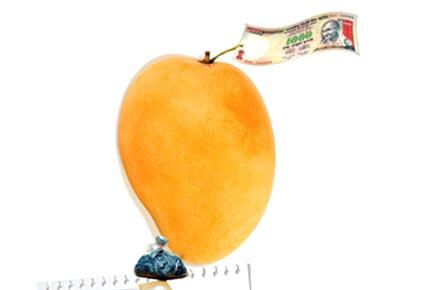
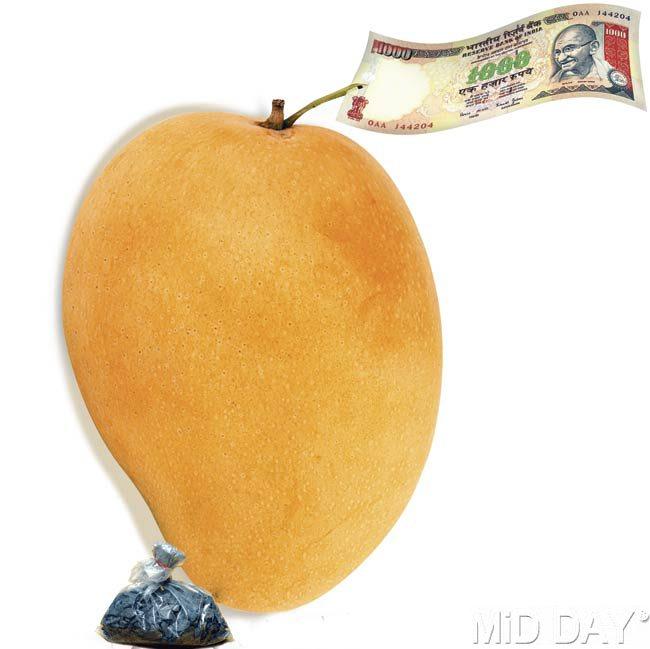
1. Farmers send them raw: Mangoes are supplied to APMC by farmers from Ratnagiri and other parts of Konkan region, Gujarat and Karnataka, between January and June end.

Graphic/Amit Bandre
The farmer usually sends raw mangoes (Alphonso and other varieties) to APMC, where the broker agrees upon a price with the farmer. This is paid either in advance or after the season.
Also read: How mangoes are poisoned every day at APMC market
2. Shipping to APMC/wholesalers: On an average, APMC receives 250 trucks of mangoes daily — this can go up to 400 trucks during peak season. Of these, 40 per cent are exported and the rest consumed domestically.
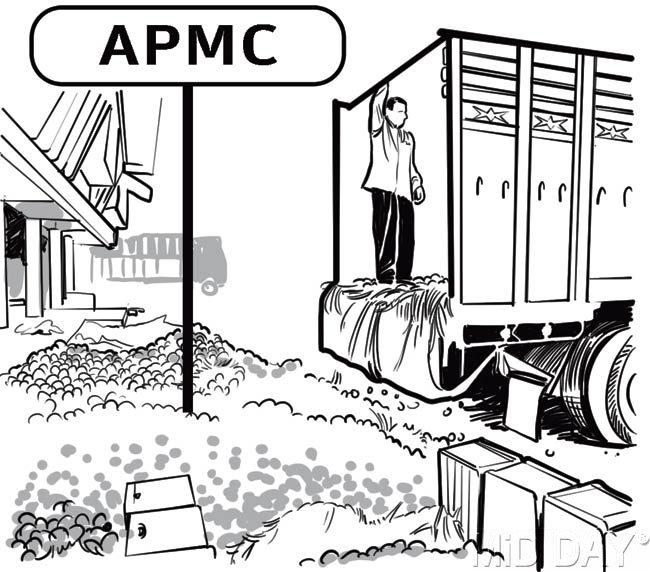
40 per cent of these use approved scientific methods of ripening but remaining 20 percent which is procured by retail traders at APMC use the conventional method of ripening.
3. Retail traders buy them: These traders are the ones at APMC who buy raw mangoes from wholesalers, and sell it to local vendors at rates cheaper than prevailing market rates.

These retail traders use traditional methods of ripening like using dry grass, onions and calcium carbide. Rampant usage of calcium carbide is the cheapest method employed by them.
Also read: CaC2 may cause cancer, blindness, seizures
4. Minors used for packaging: A kilo of calcium carbide is as cheap as R100 and can ripen over 100 dozen mangoes.
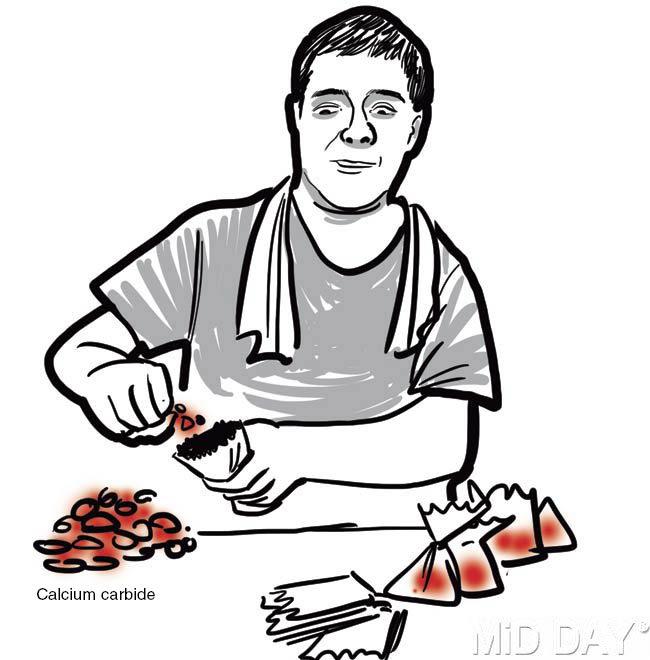
Migrant labourers from UP, Jharkhand, Bihar and West Bengal,including minors, pack these in small paper envelopes with their bare hands, using no safety equipment.
5. These envelopes are then concealed between the raw mangoes.
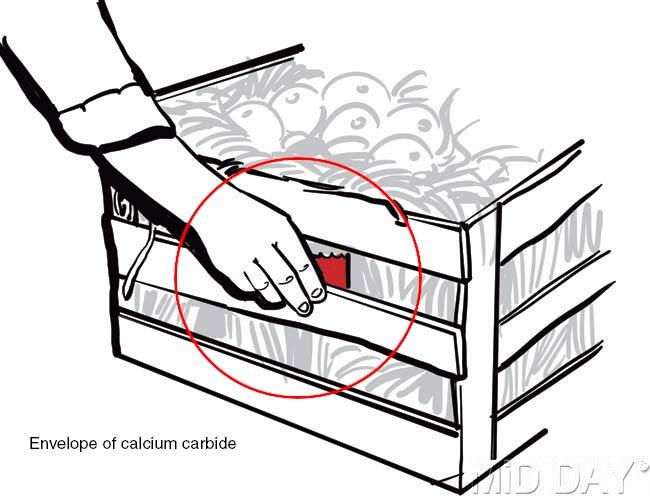
Atleast 2-3 packets of envelopes are concealed in a mango box and preserved for 36 hours. When the outer surface of mangoes show a yellow colouration, the envelopes are removed.

6. Ready for sale: These artifically ripened mangoes are then sent to the retail markets, where unsuspecting consumers buy them in dozens.
7. Side effects of consumption:
Calcium carbide is known to cause cancer. It also causes food poisoning, gastric irritation and mouth ulcers.
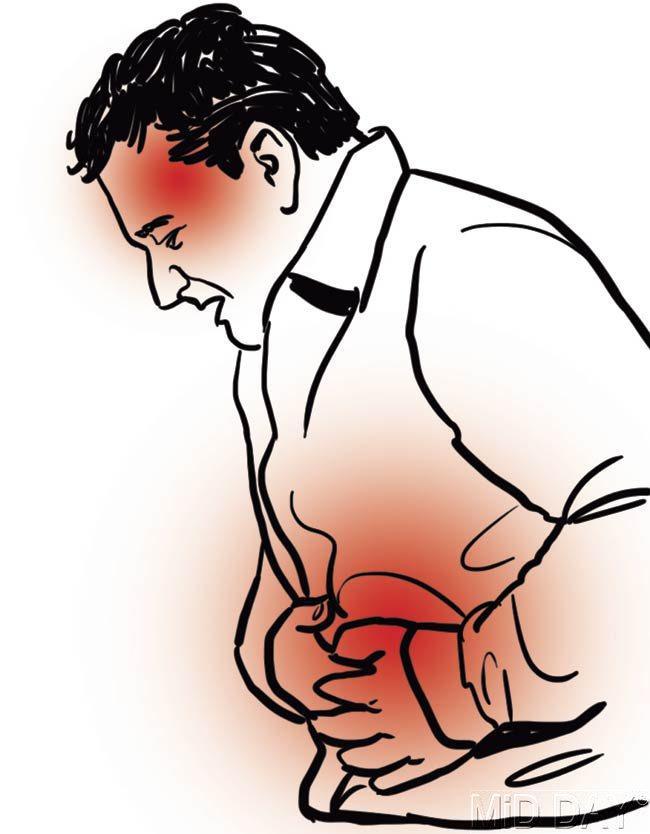
Calcium carbide risks carryover of toxic materials like arsenic and phosphorus, which are lethal when consumed.
On ingestion, it causes digestive, respiratory and gastrointestinal tract burns, nausea, vomiting, bloating and headache.
 Subscribe today by clicking the link and stay updated with the latest news!" Click here!
Subscribe today by clicking the link and stay updated with the latest news!" Click here!







